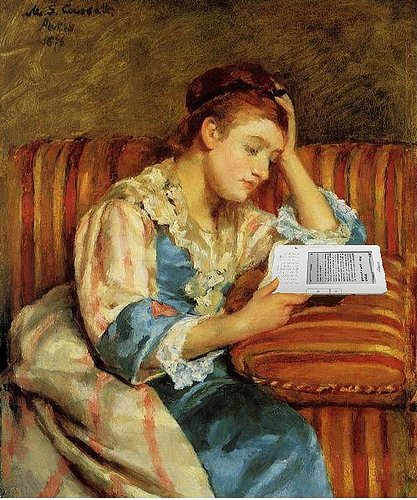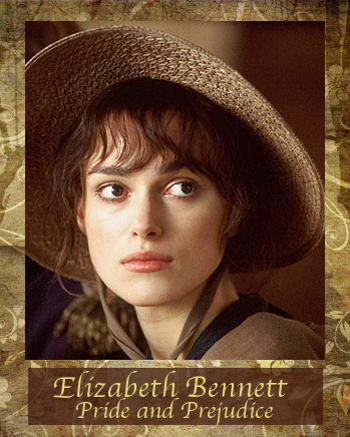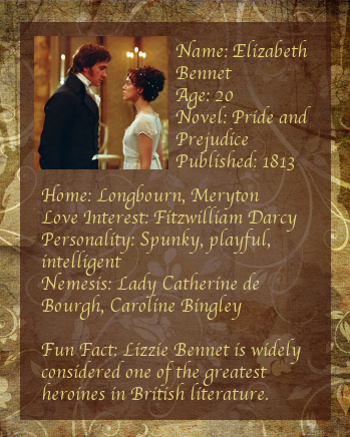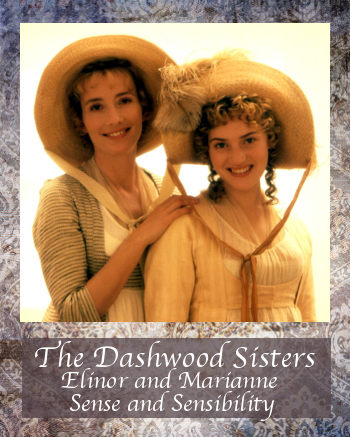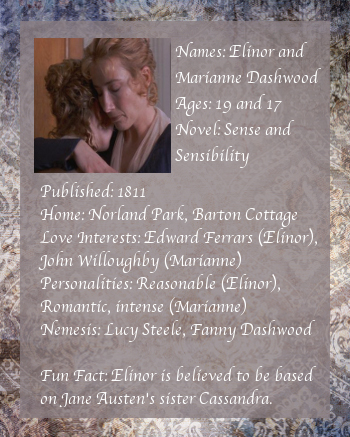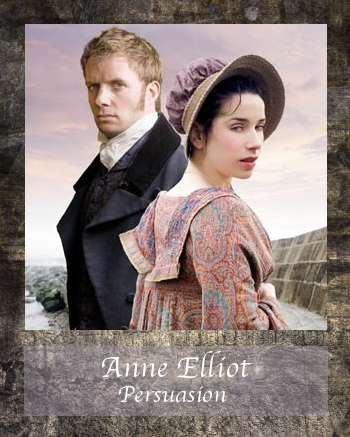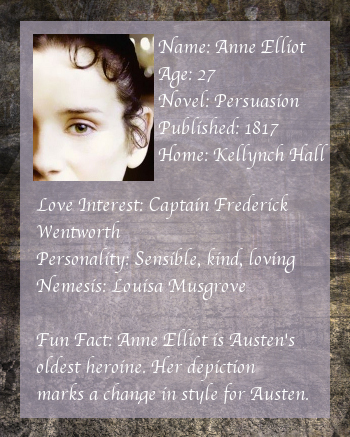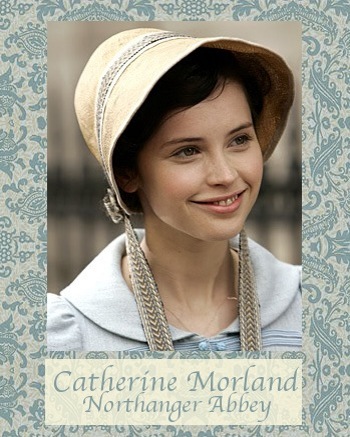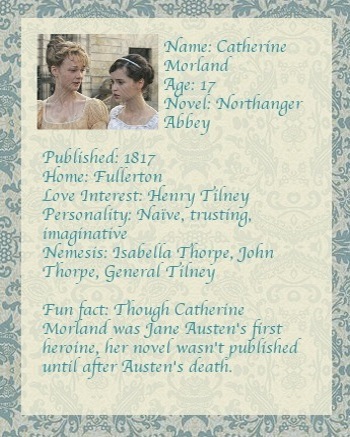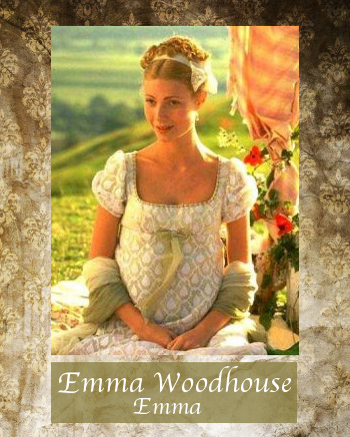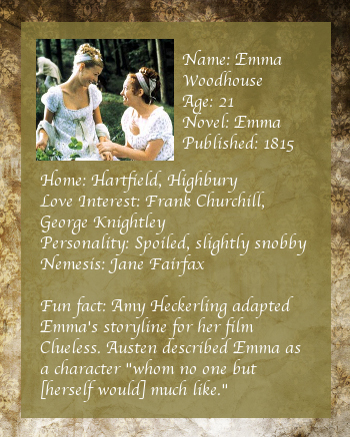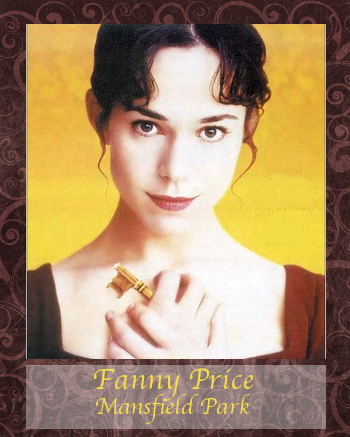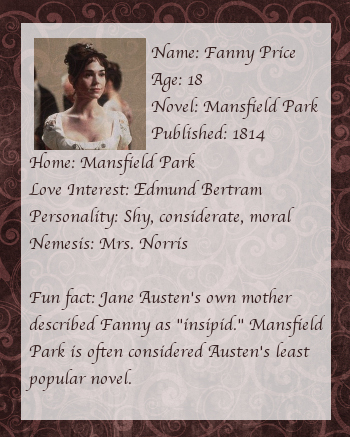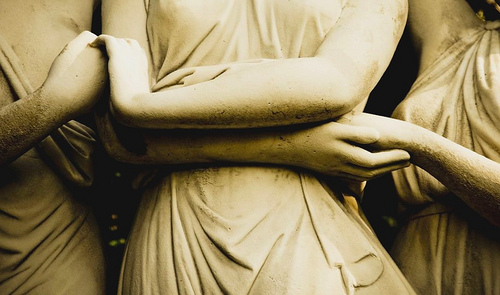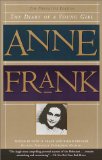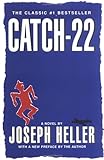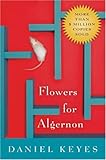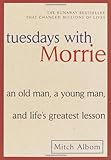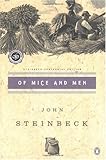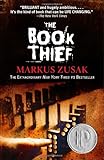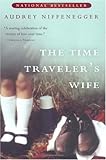Madame Guillotine posted about her historical crushes recently, and what a fun idea!
Mine are mostly writers.
First, Byron, a perfect rake to be sure, but so handsome, and probably charming (or else he wouldn’t have been such a successful rake).

To be honest, having a historical crush on Byron is the modern equivalent of crushing on bad boys, but much safer. No risk of life or limb. I have read several fictional portraits of Byron, and he always emerges as charismatic, intelligent, and, above all, interesting. Read my reviews of Passion by Jude Morgan and Lord Byron’s Novel: The Evening Land by John Crowley, or better yet, read the books yourself, and you’ll see what I mean.
I have had a mad crush on Shelley since 1989. I am not sure why, but his poetry just speaks to me.
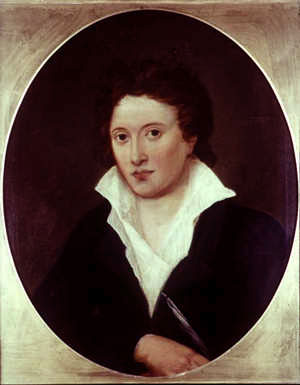
Jude Morgan managed to do what I thought would be impossible in his novel Passion: A Novel of the Romantic Poets: he managed to make Shelley walk on the ground. I always thought he should be among the angels—surely too good for the solid earth.
You can read about the dream I had about having tea with Byron, Shelley, and Keats. I’ve posted about my crush on Shelley before.
Ever since I read The Great Gatsby, I have had a crush on F. Scott Fitzgerald. He writes some of the most beautiful prose in American English.
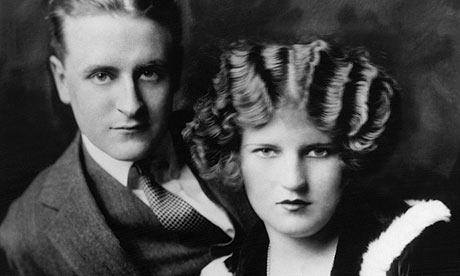
He drank way too much, and he thought way too highly of rich people (which is something I glean from reading his novels rather than from a mis-attributed quote Hemingway pinned on him). Hemingway should be more grateful. The Sun Also Rises was a better book for Fitzgerald’s suggestion of deleting the first chapter and beginning with the second. And I love that book, by the way. There are some passages in The Great Gatsby that you can’t beat for poetry. So we beat on, boats against the current, borne back ceaselessly into the past.
Robert the Bruce got a raw deal in Braveheart. I know the film was supposed to be about why William Wallace was such a hero, but honestly, did they have to besmirch the character of Scotland’s greatest hero in order to make Wallace look good? For starters, Robert the Bruce did not fight with the English at Falkirk or betray Wallace. He also didn’t decide on the spur of the moment at Bannockburn that he was not going to surrender after all—he was never going to surrender. Any argument the two had was the result of the fact that Wallace probably supported the Balliol claim to the Scottish throne.
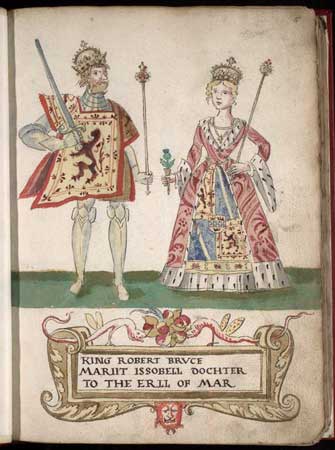
One of my favorite legends about Robert the Bruce is the one about the spider. He was a wanted man, an outlaw on the run. Hiding in a cave, he observed a spider trying to make a web. It failed time and again as it tried to attach the silken threads from one section of the cave’s roof to another. Finally, it succeeded, and Robert the Bruce knew that he, too, would eventually succeed in his quest to take the throne he believed was rightfully his. And he did. It’s most likely a complete fabrication, but an inspiring one. Ronald McNair Scott has a great biography of Robert the Bruce: Robert the Bruce: King of Scots.
Queen Elizabeth, while famously known as the Virgin Queen (yeah, right), had a thing for Robert Devereux, the 2nd Earl of Essex (at least according to many historians). He was so dashing that men clamored to imitate his fashionable beard.
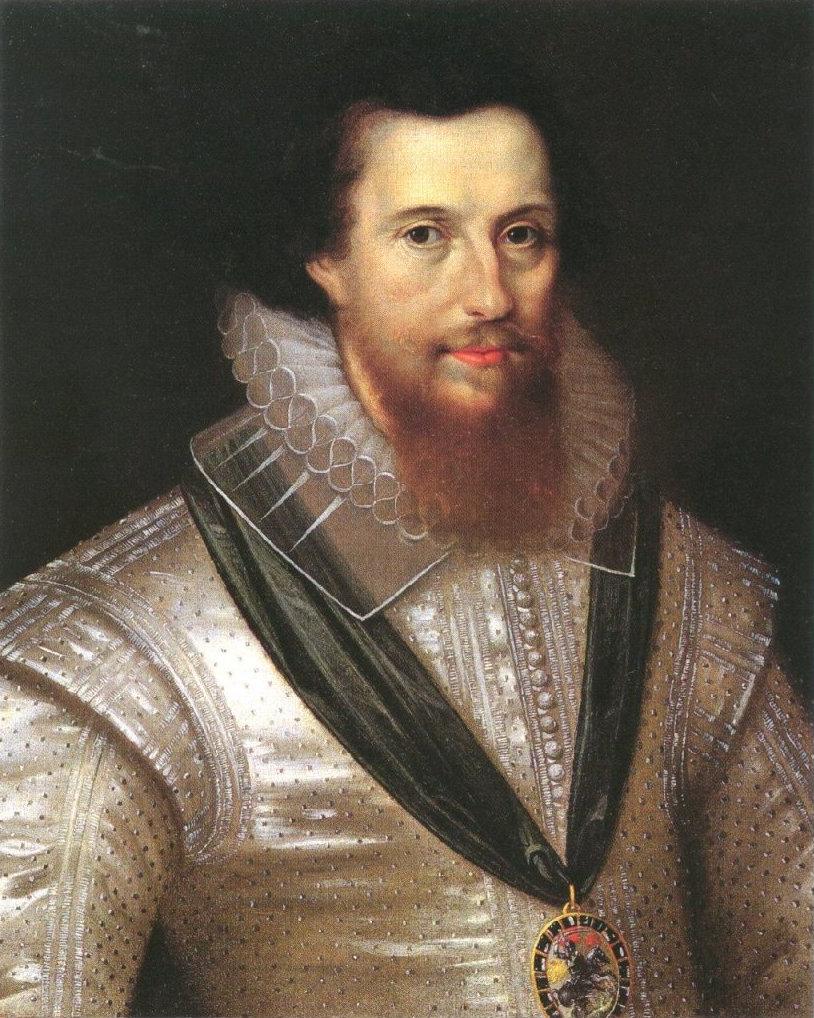
He was a military hero, but more than that, he had some serious cojones. He came back from Ireland after the Queen expressly forbid it and charged into her bedchamber before she had her wig on. Of course, he eventually paid for this flagrant disregard for propriety with his life (or, to be more accurate, it was the incident that instigated his inexorable fall from favor, rebellion, and eventual execution). Elizabeth was a formidable woman. Anyone who could pull a sword on her after she smacked him one deserves some grudging respect.
There is a legend that Alfred the Great was in disguise and took shelter with a peasant woman. She asked him to mind the cakes on the fire and not let them burn, but he was preoccupied with the troubles of his country. The cakes burned, and the woman scolded the King. Like the story about Robert the Bruce’s spider, it may or may not be true, but it makes a great tale.

Alfred is the only English king to have been given the epithet “the Great.” I am obsessed with the British monarchy. There are a load of interesting characters in that crowd. But trust me that Alfred is probably the only one who deserves the epithet “the Great.” He singlehandedly saved the English language. Don’t believe me? Listen to this. If Alfred had lost that battle, who knows where we would all be. Not only did he prevent Vikings from taking all of England, he also valued literacy and ordered translation of essential Latin texts into English for the first time. He also established some of the earliest schools in England.
In Rebecca Fraser’s The Story of Britain: From the Romans to the Present: A Narrative History, a story about Major General James Wolfe taking Quebec is recounted:
At dead of night, Wolfe led the the 5,000 British and American soldiers with blackened faces silently downriver in rowing boats till they were opposite the Heights of Abraham. As he was borne along the treacherous river whose rocks and shoals made it a hazard to all but Quebeçois, Wolfe softly read out his favourite poem, Elegy Written in a Country Churchyard by Thomas Gray, published only a few years before, a copy of which his fiancée had just sent out to him from England. His thin face, touched by moonlight, seemed to wear a beatific expression as he murmured the sonorous words whose Romantic, melancholic spirit echoed his own. As the mysterious cliffs loomed up ahead and the men rested on their muffled oars, Wolfe closed the book. ‘Well, gentlemen,’ he said, ‘I had rather have written that poem than take Quebec.’ But then he leaped overboard, into the swirling St Lawrence, and ran ahead of them until his was only one of the many tiny figures on the vast cliff face pulling themselves up by ropes.
When dawn rose over Quebec Montcalm [the French commander] awoke to see on the plain behind him, above the cliffs said to be unclimbable, row after row of British redcoats. They were in battle array and far outnumbered the French, whose sentries’ mangled bodies bestrewed the cliffs or floated in the river below. It was a breathtaking, almost impossible, feat, to have put thousands of men on top of a cliff overnight, but Wolfe had done it.
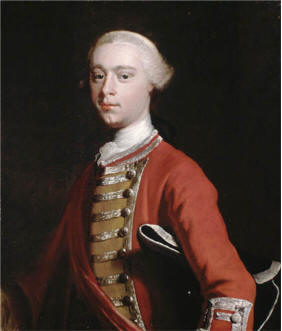
Besides his dashing bravery in the face of illness—he was dying of consumption when he led the raid—he has an appreciation for poetry over military prowess. Why he isn’t more well known outside of Canada, I’m not sure.
And finally, after having read Jude Morgan’s Passion and seeing the movie Bright Star, I admit to developing a girl crush on Fanny Brawne.
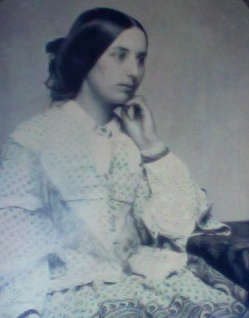
Fanny Brawne was the fiancée of Romantic poet John Keats and is believed by some scholars to be the inspiration for Keats’s sonnet “Bright Star”:
Bright star, would I were steadfast as thou art—
Not in lone splendour hung aloft the night
And watching, with eternal lids apart,
Like nature’s patient, sleepless Eremite,
The moving waters at their priestlike task
Of pure ablution round earth’s human shores,
Or gazing on the new soft-fallen mask
Of snow upon the mountains and the moors—
No—yet still steadfast, still unchangeable,
Pillow’d upon my fair love’s ripening breast,
To feel for ever its soft fall and swell,
Awake for ever in a sweet unrest,
Still, still to hear her tender-taken breath,
And so live ever—or else swoon to death.
I wrote much more about her in the post I linked. She was an interesting woman in her own right.
Perhaps next week will be a good time to share my crushes on fictional characters. I must have already done it at some point, but I can’t remember.
So who are your historical crushes. And don’t say Henry VIII. He didn’t look like Jonathan Rhys Meyers. He had a disgusting sore from a jousting wound, he was despotic and arrogant, and he was a serial wife murderer. I will concede he was interesting.
